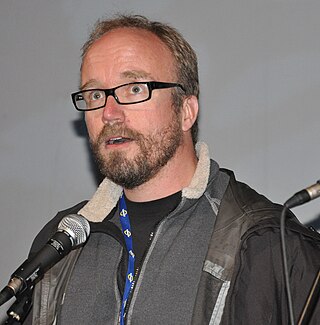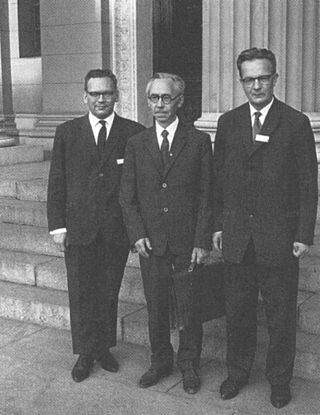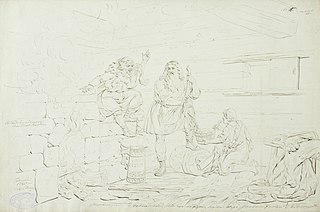
Helsinki is the capital and most populous city in Finland. It is on the shore of the Gulf of Finland and is the seat of southern Finland's Uusimaa region. About 675,000 people live in the municipality, with 1.25 million in the capital region and 1.58 million in the metropolitan area. As the most populous urban area in Finland, it is the country's most significant centre for politics, education, finance, culture, and research. Helsinki is 80 kilometres (50 mi) north of Tallinn, Estonia, 360 kilometres (220 mi) north of Riga, Latvia, 400 kilometres (250 mi) east of Stockholm, Sweden, and 300 kilometres (190 mi) west of Saint Petersburg, Russia. Helsinki has significant historical connections with these four cities.

Jean Sibelius was a Finnish composer of the late Romantic and early modern periods. He is widely regarded as his country's greatest composer, and his music is often credited with having helped Finland develop a stronger national identity when his country was struggling from several attempts at Russification in the late 19th century.

Einojuhani Rautavaara was a Finnish composer of classical music. Among the most notable Finnish composers since Jean Sibelius (1865–1957), Rautavaara wrote a great number of works spanning various styles. These include eight symphonies, nine operas and fifteen concertos, as well as numerous vocal and chamber works. Having written early works using 12-tone serial techniques, his later music may be described as neo-romantic and mystical. His major works include his first piano concerto (1969), Cantus Arcticus (1972) and his seventh symphony, Angel of Light (1994).

Paavo Allan Engelbert Berglund was a Finnish conductor and violinist.
In Finnish mythology, Ahti is a heroic character in folk poetry who is sometimes given the epithet Saarelainen.

The Sibelius Academy is part of the University of the Arts Helsinki and a university-level music school which operates in Helsinki and Kuopio, Finland. It also has an adult education centre in Järvenpää and a training centre in Seinäjoki. The Academy is the only music university in Finland. It is among the biggest European music universities with roughly 1,400 enrolled students.

Erkki Gustaf Melartin was a Finnish composer, conductor, and teacher of the late-Romantic and early-modern periods. Melartin is generally considered to be one of Finland's most significant national Romantic composers, although his music—then and now—largely has been overshadowed by that of his contemporary, Jean Sibelius, the country's most famous composer. The core of Melartin's oeuvre consists of a set of six (completed) symphonies, as well as is his opera, Aino, based on a story from the Kalevala, Finland's national epic, but nevertheless in the style of Richard Wagner.
Idols is a Finnish reality-television singing competition that airs on Nelonen. It debuted in the summer of 2003, and went on to become one of the most popular shows on Finnish television. Part of the Idol franchise, it originated from the reality program Pop Idol created by British entertainment executive Simon Fuller, which was first aired in 2001 in the United Kingdom.

Kim Borg was a Finnish bass, teacher and composer. He had a wide-ranging, resonant, warm voice.
Kuusi is a Finnish surname. Notable people with the surname include:

Aleksi Bardy is a Finnish television writer, screenwriter and film producer. He has been a political activist on the left of the political spectrum, once standing in elections for the Finnish parliament. Bardy was born in Helsinki.

Matti Akseli Kuusi was a Finnish folklorist, paremiographer and paremiologist. He wrote several books and a number of articles on Finnish folklore. He was the first to have introduced the type system of proverbs similar to the Aarne–Thompson classification system of folklore, the Matti Kuusi international type system of proverbs. With encouragement from Archer Taylor he founded the journal Proverbium: Bulletin d'Information sur les Recherches Parémiologiques, published from 1965 to 1975 by the Society for Finnish Literature, which was later restarted as Proverbium: International Yearbook of Proverb Scholarship. He was a member of the noble family Granfelt, but his father had fennicized his original Swedish surname to express his political sympathies.

Pihasoittajat was a Finnish folk music band with modern popular music influences.

The Pirate Party is a Pirate Party in Finland that was registered as a political party from 2009 to 2023. The group currently has around 173 paying members. The chairman of the party is Pekka Mustonen. The party is a member of Pirate Parties International and European Pirate Party.

The Finnish flood myth is recorded in the Kalevala rune entitled Haava. Väinämöinen attempts a heroic feat that results in a gushing wound, the blood from which covers the entire Earth. This deluge is not emphasized in the Kalevala version redacted by Elias Lönnrot, but the global quality of the flood is evident in original variants of the rune. In one variant collected in Northern Ostrobothnia in 1803/04, the rune tells:

The corpus of traditional riddles from the Finnic-speaking world is fairly unitary, though eastern Finnish-speaking regions show particular influence of Russian Orthodox Christianity and Slavonic riddle culture. The Finnish for 'riddle' is arvoitus, related to the verb arvata and arpa.

Slush is a startup and tech event held annually in Helsinki, Finland. Slush facilitates meetings between the founders of startups and investors such as venture capitalists, accomplished with events such as matchmaking and pitching competitions. Slush aims to build a worldwide startup community. In 2021, Slush brought together 8,800 attendees from around the world to participate together in this global networking festival.

Wolt Enterprises Oy, trading as Wolt, is a Finnish food delivery company known for its delivery platform for food and merchandise. On Wolt's apps or website, customers can order food and household goods from the platform's restaurant and merchant partners, and either pick up their order or have it delivered by the platform's courier partners. Wolt also runs its own chain of grocery stores called Wolt Market. Wolt is headquartered in Helsinki.
Finnish alcohol culture refers to the drinking culture regarding beverages containing ethyl alcohol in Finland and to the manners and habits connected to the drinking culture.














